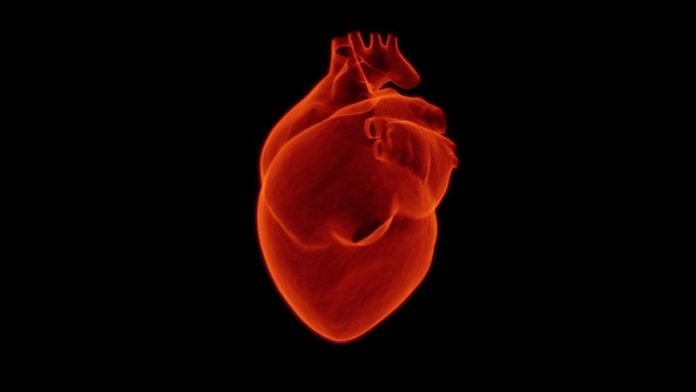
In a new study, researchers found that COVID-19 patients’ heart damage is caused by the COVID-19 virus invading and replicating inside heart muscle cells, leading to cell death and interfering with heart muscle contraction.
The research was conducted by a team at the Washington University School of Medicine in St. Louis.
Since early in the pandemic, COVID-19 has been associated with heart problems, including reduced ability to pump blood and abnormal heart rhythms.
But it’s been an open question whether these problems are caused by the virus infecting the heart, or an inflammatory response to viral infection elsewhere in the body.
In the study, the team used stem cells to engineer tissue that models how human heart tissue contracts.
They determined that viral infection not only kills heart muscle cells but destroys the muscle fiber units responsible for heart muscle contraction.
They also showed that this cell death and loss of heart muscle fibers can happen even in the absence of inflammation.
Other viral infections have long been associated with heart damage, but the team says SARS-CoV-2, the virus that causes COVID-19, is unique in the effect it has on the heart, especially in the immune cells that respond to the infection.
The researchers were able to validate their findings by studying tissue from four COVID-19 patients who had heart injury associated with the infection, but more research is needed.
They say that even young people who had very mild symptoms can develop heart problems later on that limit their exercise capacity.
One author of the study is Kory J. Lavine, MD, Ph.D., an associate professor of medicine.
The study is published in the Journal of the American College of Cardiology: Basic to Translational Science.
Copyright © 2021 Knowridge Science Report. All rights reserved.



